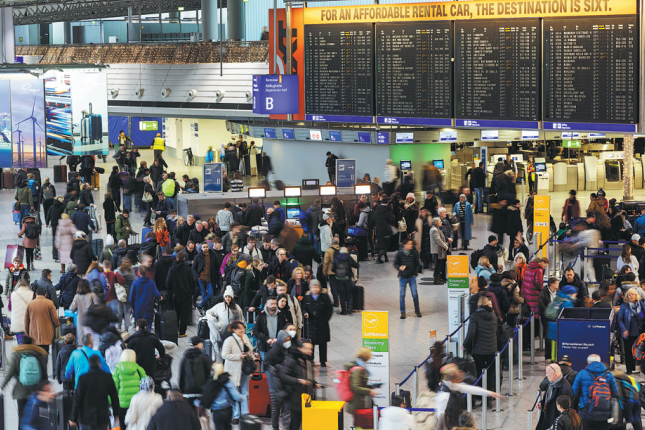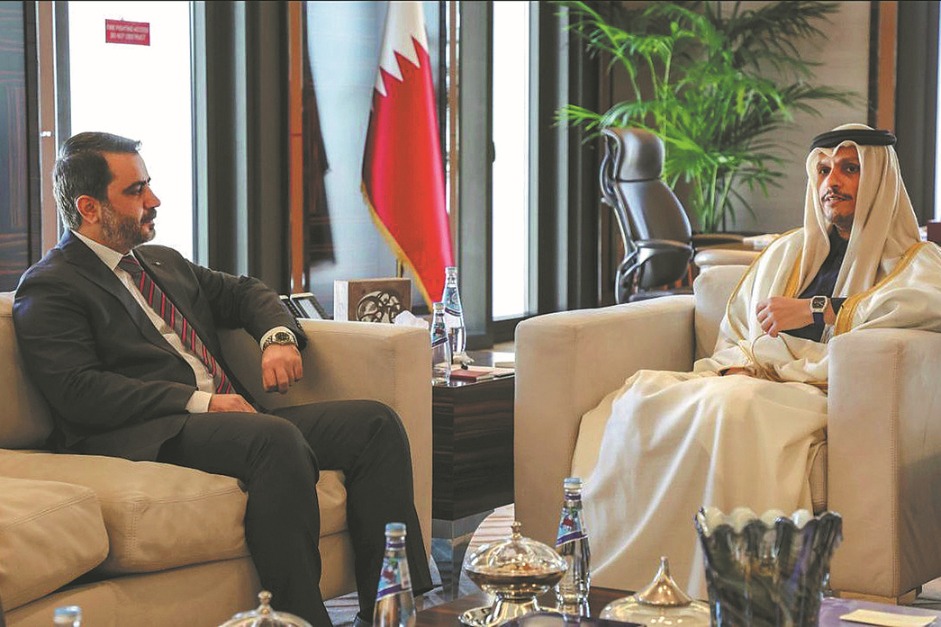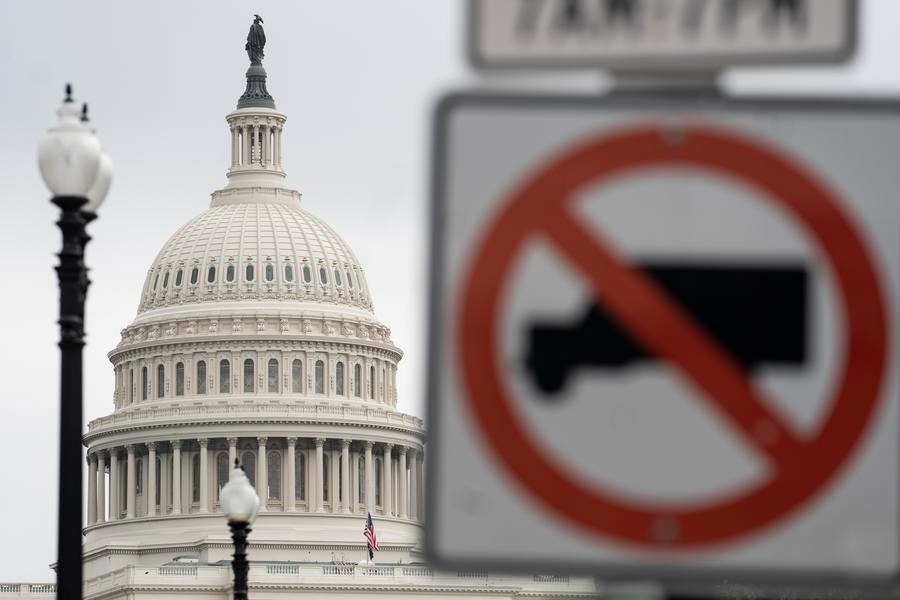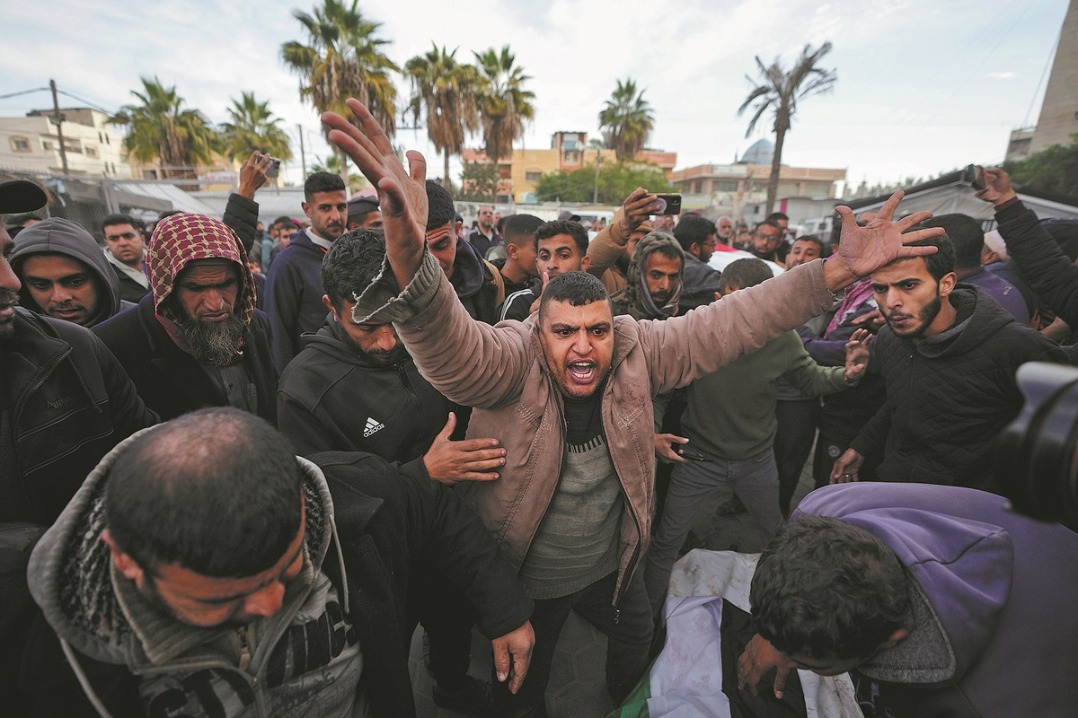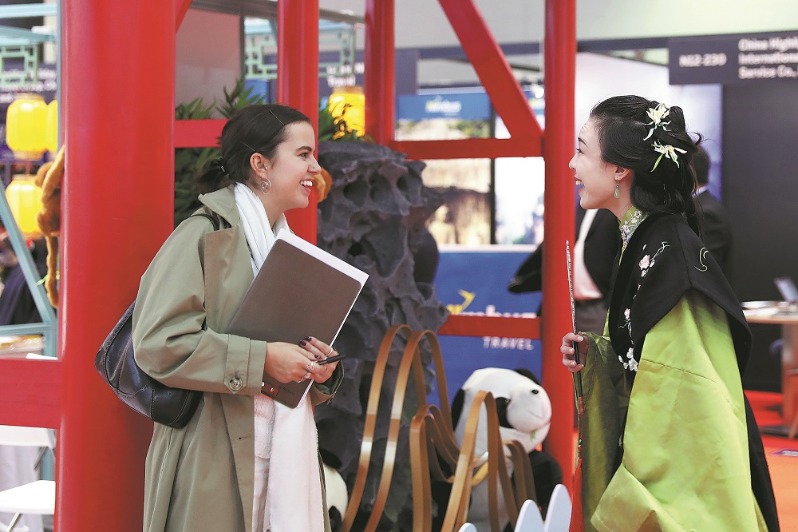Wang: UN Peacekeeping starts anew

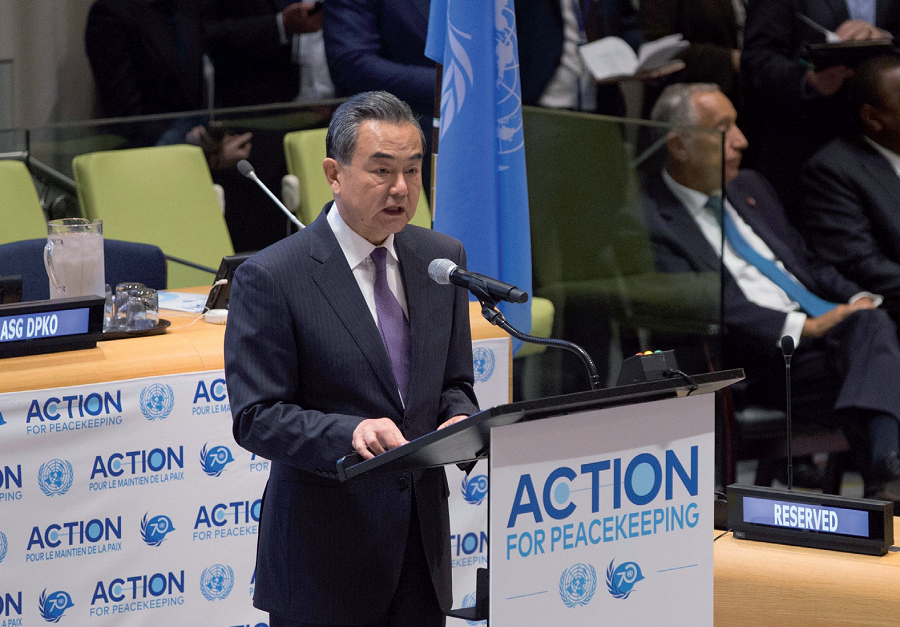
SERVICE]
China’s foreign minister says group is facing new context, challenges
United Nations Peacekeeping operations have reached a new historical starting point, as reform and improvement are needed to keep pace with the times, State Councilor and Foreign Minister Wang Yi said on Tuesday.
“This year marks the 70th anniversary of UN Peacekeeping operations,” Wang said at the High-level meeting on Action for Peacekeeping at UN Headquarters in New York.
“Facing the new context and challenges, it’s very meaningful that Secretary-General Guterres has launched the Action for Peacekeeping (A4P) initiative this year.”
Wang stressed that China fully supports the Declaration of Shared Commitments on UN Peacekeeping Operations.
He offered a five-point proposal on UN Peacekeeping reform and improvement.
Reform on UN Peacekeeping must comply with the purposes and principles of the UN Charter, Wang said.
General principles enunciated in the UN Charter, such as sovereignty equality, non-interference in other countries’ internal affairs and the peaceful settlement of international disputes, as well as the basic principles of peacekeeping, including the consent of the parties, must be strictly followed, he said.
He said the reform must also closely follow the goals of the political solutions. The peaceful settlement of disputes through political means is a fundamental principle of UN Peacekeeping; the principle of political settlement priority must be incorporated into all peacekeeping action.
Third, there is a need to improve the UN Security Council’s mandates – one of the general guidelines of peacekeeping operations — making them realistic and actionable and focused, Wang said.
It’s also important to have a long-term plan for peace, Wang said. Peacekeeping actions need to a create a secure and stable environment for host countries; help to improve the capability of development; and lay solid foundations for eliminating poverty and realizing sustainable development.
Finally, strong partnerships are needed as the backup forces of peacekeeping, Wang said.
The countries concerned, troop-contributing countries and money-contributing countries, should become a joint force, he said.
The African Union (AU) peacekeeping actions are active practices of solving African issues independently in African ways. The Chinese side encourages the UN to provide predictable, adequate and sustainable financing support to AU peacekeeping operations, Wang said.
China is an active participant in as well as a firm supporter of UN Peacekeeping operations, Wang said. China already has dispatched some 37,000 troops and police to participate in peacekeeping operations, and 21 of them have died on peacekeeping missions.
China is actively honoring the commitment that President Xi Jinping announced to UN Peacekeeping operations in 2015.
“We have established a peacekeeping standby force of 8,000 troops and have completed their registration in the United Nations Peacekeeping Capability Readiness System,” Wang added. “China has sent our first helicopter squad to a United Nations Peacekeeping operation in Africa and provided training to UN peacekeepers there.”
Wang said UN Peacekeeping operations “have reached a new historical starting point. China is ready to work with other member states to further improve United Nations Peacekeeping operations (and) let the peacekeeping operations shine a light in every corner of the world.”
















